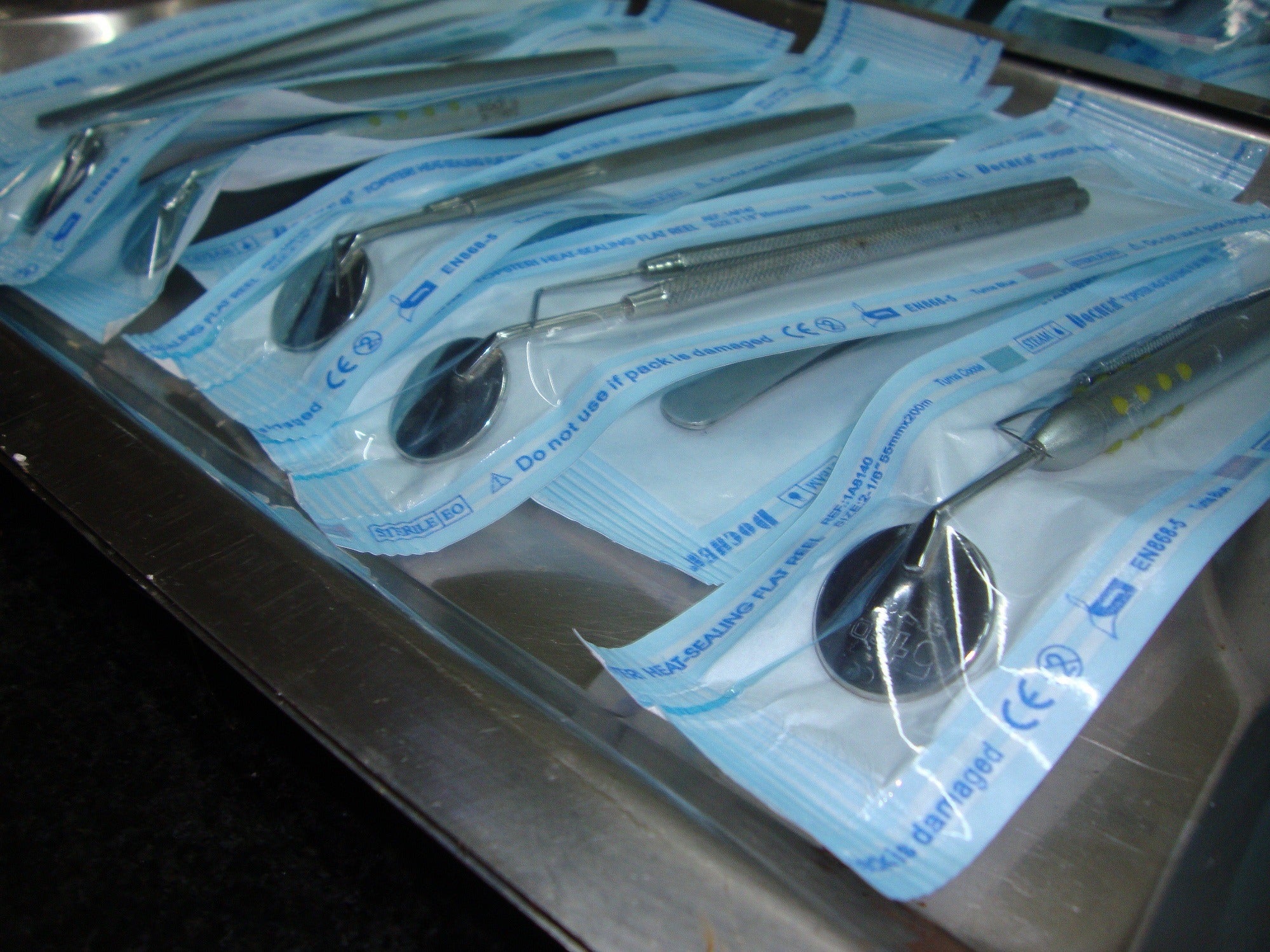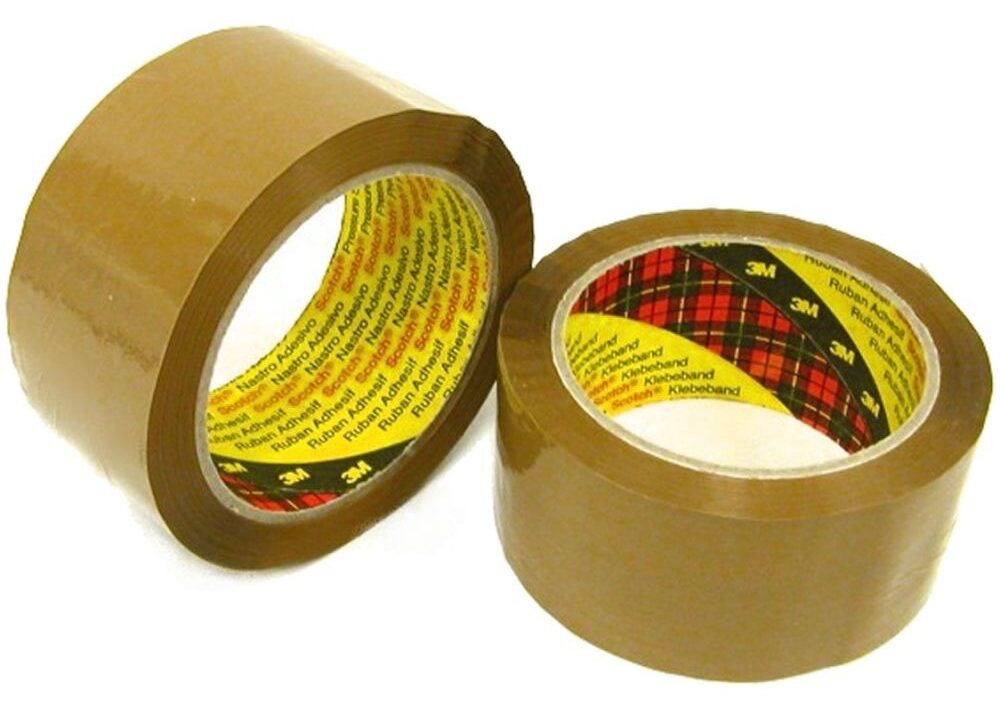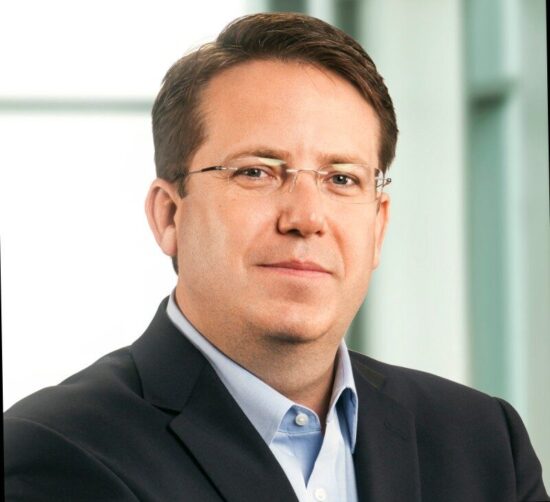
Sterile medical packaging sectors – and, therefore, the companies leading these global markets – are currently set for a period of strong growth.
According to India-based market research firm MarketsandMarkets, this industry is expected to experience a CAGR (compound annual growth rate) of 9.4% over the next five years.
This will see the market increase from a value of $36.9bn in 2020 to $57.7bn in 2025.
In a report from October 2020, MarketsandMarkets also stated that the Covid-19 pandemic is expected to have a “positive impact” on the sterile medical packaging sector, and highlighted the five major players across the industry.
We take a closer look at each of these companies, and the work they do in manufacturing sterile medical packaging products.
Five biggest sterile medical packaging companies by total revenue
1. 3M Company
American multinational firm 3M manufactures products across a range of industries, including energy, electronics, transportation and healthcare.
In its most recent annual report, 3M reported a total revenue of $32.1bn and claimed to employ 96,000 people across more than 70 countries.
The most famous product in the company’s packaging portfolio is Scotch tape – which was developed nearly 100 years ago in the city of Saint Paul, Minnesota, where 3M is based.

The products it makes in medical packaging range from indicator tape and other adhesives to surgical instrument protectors.
The first N95 respirator mask – a design that has gained even more global notoriety during the Covid-19 pandemic – was also developed by 3M, and received US Food and Drug Administration (FDA) approval in 1972.
2. DuPont
US chemicals firm DuPont reported a total revenue of $21.5bn in its latest Form 10-K annual report and, in 2019, said it employed about 35,000 people worldwide.
Having been founded in 1802 as a gunpowder mill, it grew into one of the world’s largest chemicals companies before merging with fellow industry heavyweight Dow in August 2017.
DuPont now operates in numerous markets including pharmaceutical ingredients, electronics, biomaterials, clean technologies, construction materials, PPE (personal protective equipment), and packaging.
It provides packaging for medical equipment and pharmaceutical products through Tyvek – DuPont’s bacteria-resistant, recyclable material that is compatible with most sterilisation methods.
Through its various subsidiaries and spin-offs, the company has also been responsible for developing several well-known materials including Teflon, Kevlar, Lycra and Orlon.
3. Amcor
Australian packaging giant Amcor boasts a total revenue of $9.5bn and, in its 2020 annual report, said it employs about 47,000 people in more than 40 different countries.
The company develops and produces packaging in a number of different industries – including food, beverages, healthcare, and home and pet care.
Its global sales are divided into the two main markets of rigid packaging and flexibles, with the latter comprising close to 80% of its overall business.
Within healthcare, Amcor manufacturers in-hospital barrier packaging, and packaging for medical devices, injectables, intravenous fluids, and oral, dermal, ophthalmic and pulmonary applications.
In June 2019, Amcor also completed the biggest acquisition in its 160-year history, merging with US plastic packaging manufacturer Bemis in a deal that CEO Ron Delia later described as “transformational”.
4. Sonoco
US packaging company Sonoco’s most recent total revenue figure was $5.4bn – and, according to business magazine Fortune, it employs about 23,000 people right now.
Its operations are divided into the areas of consumer packaging, industrial products and protective packaging, and the firm also manufacturers products for a wide range of markets including electronics, automotive, food, home appliances, construction, and medical equipment and pharmaceuticals.
Within the healthcare industry, Sonoco makes packaging for temperature-sensitive products like drugs and vaccines, display cases for over-the-counter consumer medicines and – using its clean room in the Netherlands – plastic packaging for Class 3 medical devices.
Sonoco also has numerous subsidiary businesses that operate in similar spaces to it, such as French sustainable paper packaging firm Can Packaging – which it acquired for close to $50m in August 2020 – and fellow American packaging company Tegrant.
In February 2020, it released its first all-paper alternative to traditional plastic blister packaging, in an effort to develop “more sustainable options” for customers and consumers.
5. West Pharmaceutical Services
Pennsylvania-based firm West Pharmaceutical Services is somewhat more niche than its supposed competitors on this list, as it specifically focuses on packaging for injectable pharmaceutical products and drug delivery systems.
The company currently boasts a total revenue of about $1.8bn, and employs more than 8,000 people.

As well as producing a number of containers, cartridges, vials and seals to keep drug products sterile, West Pharmaceutical Services also offers testing of medical packaging to ensure it complies with regulatory guidelines and performs as intended.
Prior to joining West Pharmaceutical Services, the company’s CEO and president Eric Green worked at German biotech and life sciences firm Sigma-Aldrich for more than 20 years.






